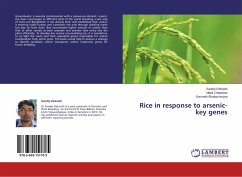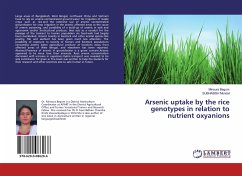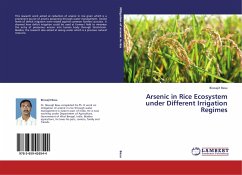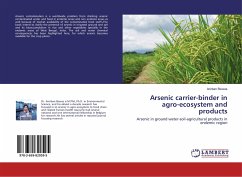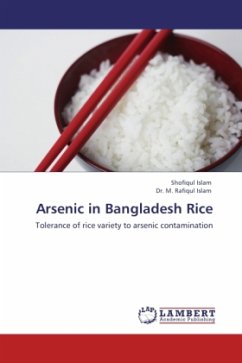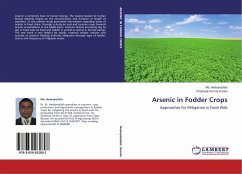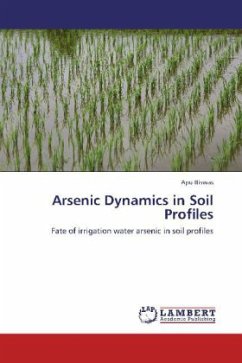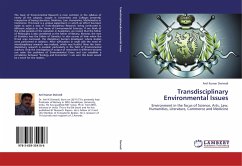Groundwater is severely contaminated with a poisonous element, arsenic, the class I carcinogen in different parts of the world including a vast area of India and Bangladesh. It has already been well established that, arsenic is entering inside human and ruminants not only through drinking water but also via food chain. Rice accumulates higher amount of arsenic than that of other cereals as both arsenate and arsenite take entry into the plant efficiently.. To develop low arsenic accumulating rice, it is mandatory to en light the route and their associated genes responsible for arsenic translocation from soil to grain. This book would help to deduce a strategy to identify candidate arsenic transporter and/or responsive genes for future breeding.

